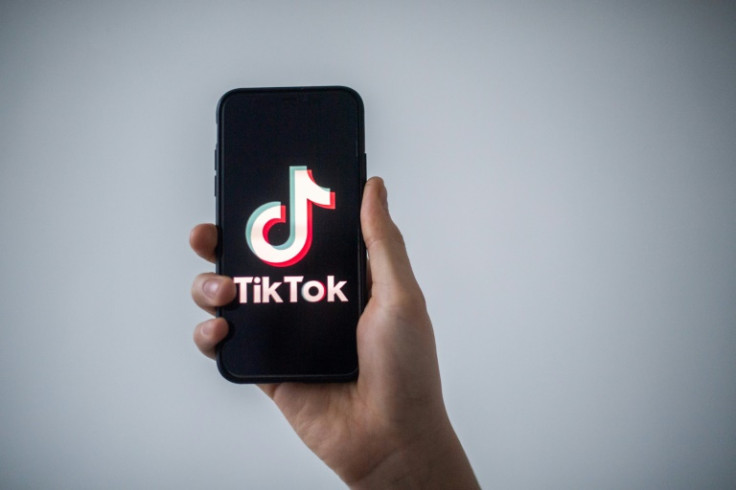4 Of 10 Most Downloaded Free Apps In US, UK Are Chinese-Owned

KEY POINTS
- TikTok's Chinese parent company owns the popular video-editing app CapCut
- Shein and Temu are among the most downloaded shopping apps
- An expert attributed Chinese apps' global popularity to their domestic market competition
Aside from the embattled TikTok, three other apps included in the top 10 most downloaded free apps in the U.S. and the U.K. are owned by Chinese companies.
BBC News reported, citing analytics firm Apptopia, that Chinese-owned apps such as CapCut, Shein and Temu are also popular among American and British users.
CapCut, a video-editing app widely popular among TikTok content creators, was downloaded 13 million times in February, according to Sensor Tower.
CapCut has various video-editing features, such as adding music, filters and special effects.
TikTok's parent company, ByteDance, owns the video-editing app.
Another most downloaded Chinese app is Shein, a global fast fashion brand.
Founded by Chinese billionaire Chris Xu in 2012, Shein is among the most downloaded apps in the Google Play Store, placing 2nd in the U.S. and 5th in the U.K.
According to the app industry information website Business of Apps, Shein was downloaded more than 200 million times globally in 2022, and it has around 74.7 million active shoppers.
Temu, a Chinese-owned e-commerce newcomer, has quickly outpaced U.S.-based Amazon and Walmart despite being launched in less than a year.
Temu, which over 50 million people have already downloaded, allows its users to buy directly from Chinese manufacturers.
The Chinese e-commerce app also ran an advertisement during the Super Bowl earlier this year, showcasing low prices, which led many Americans to search, "Is Temu legit?"
PDD Holdings, a Chinese-owned online retail giant, is Temu's parent company.
Zeyi Yang, a Chinese technology journalist and researcher for the MIT Review, attributed the popularity of Chinese apps to their performance in their domestic market.
"The tech companies from China have had such an intense period of competition at home that has made them as good or better, in some ways, than American apps," Yang said.
Despite being downloaded by most Americans, Chinese apps have been recently under intense scrutiny by the U.S. government over their alleged ties with China's Communist Party.
In a hearing last month by the House Committee on Energy and Commerce, TikTok CEO Shou Zi Chew tried to reassure lawmakers that the video-sharing app is not harvesting user data and does not risk children's safety.
Chew has also downplayed accusations that TikTok is connected with the Chinese government.
The TikTok CEO has also showcased their $1.5 billion initiative that would let U.S. security experts check their operations.
But lawmakers on both sides of the aisle remained unimpressed, and the possibility of a nationwide ban grows more significant by the day.
House Speaker Kevin McCarthy said lawmakers would file legislation to protect American users from the "technological tentacles of the Chinese Communist Party."
Meanwhile, Missouri GOP Sen. Josh Hawley tried to push a vote on a bill that would ban TikTok in the U.S., but a fellow Republican senator blocked his bid as they are still trying to figure out the appropriate action against the Chinese app.

© Copyright IBTimes 2025. All rights reserved.






















